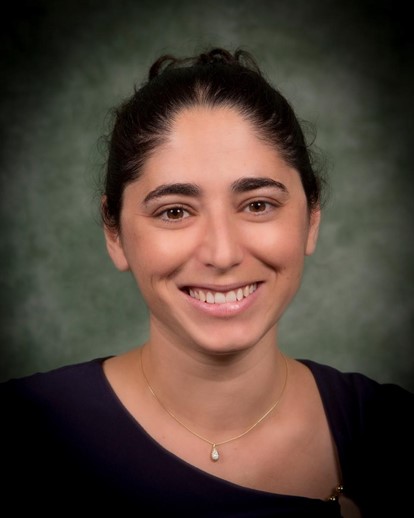Nicole Hassoun, Binghamton University – Sharing Vaccine Intellectual Property
 Sharing is caring.
Sharing is caring.
Nicole Hassoun, professor of philosophy at Binghamton University, examines global health through the lens of fighting off the next contagious virus.
Hassoun is the director of the Global Health Impact (GHI), which works to create positive change by evaluating pharmaceutical products’ global health consequences and advocating for greater access to essential medicines. To learn more about this project from GHI’s Pandemic Health Equity Working Group, see global-health-impact.org/pandemic or check out the paper here: https://gh.bmj.com/content/8/1/e010615
Sharing Vaccine Intellectual Property
COVID-19 revealed that the world is woefully unprepared for future pandemics, and a major factor is that pharmaceutical companies will not share the intellectual property rights, data and knowledge necessary for everyone to secure life-saving vaccines and other essential health technologies. That needs to change.
As director of the Global Health Impact organization, I have been following discussions of the pandemic treaty or “accord” closely. Countries have agreed to strengthen regulations for future pandemic preparedness and response through the proposed accord, but it does not adequately address intellectual property regimes that negatively impact equitable access to pandemic health technologies. Patents, trade secrets and data rights pose barriers to increasing access to vaccines because they prevent competition on the free market.
In a new paper with an international, cross-discipline team of scholars and public health practitioners, I argue that an equitable, transparent, accountable accord should provide financing for research and development on essential pandemic counter-measures, but only on the condition that pharmaceutical companies vest the IP rights, data, and knowledge necessary to produce and distribute the technologies globally in the WHO.
If the international community is going to pay to develop new technologies’, we should own them.
If we also procure products collectively through organizations like UNICEF, we can subsidize product costs in poor countries, while charging market prices in rich ones; this will allow us to recoup investment costs and help build the basic health systems necessary to actually get the “shots in arms.”
Finally, this mechanism for ensuring equitable access to essential counter-measures must be transparent and accountable; those most affected should have the largest voice and influence over decisions and outcomes.
It is only by working together as an international community that we can better prevent and respond to future pandemic threats.


